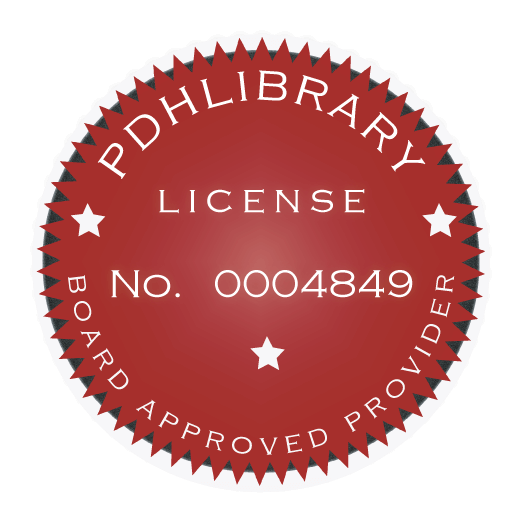This course is offered only as a video course. To access the course video, the course must first be purchased. The video can then be accessed by clicking on "My Account" and then clicking on the "Video Courses" tab.
The written pdf version of the quiz can be accessed by using the download button on this page. We recommend downloading the quiz so that you can take the quiz as you listen to the course.
Learning Objectives:
Without exception, the reciprocating piston engine is the most influential machine ever invented by mankind. From its early beginnings as a steam engine, the piston engine has revolutionised the way we live, work and travel. This course will teach you about this truly amazing machine.
You will learn:
• How An Engine Works.
• How Two Stroke and Four Stroke Engines Work.
• The Difference Between Petrol/Gasoline and Diesel Engines.
• Engine Components (Piston Rings, Rocker Arms, Valves etc.).
• Engine Systems (Water, Oil, Air, Exhaust and Electrical).
• Engine Terminology (BDC, TDC, Firing Order etc.).
• How Engine Ancillaries Work (Turbocharger, Supercharger etc.).
• And a lot more!
The course is designed to take you from zero to hero concerning combustion engine knowledge. Even if you already have some background knowledge, this course will serve as an efficient refresher, whatever your level of understanding, or engineering background (HVAC, power engineering, oil and gas, chemical engineering, mechanical engineering etc.).
Interactive 3D models are used extensively to show you each individual engine component and how these components work together to complete useful work.
The course is packed with images, 2D animations, interactive 3D models, 3D animations and high quality written content. Written content has been read aloud so that you can 'learn on the go' without needing to watch the screen constantly.
Enjoy the course!
Learning Objectives:
This course has the following learning outcomes:
• How An Engine Works.
• How Two Stroke and Four Stroke Engines Work.
• The Difference Between Petrol/Gasoline and Diesel Engines.
• Engine Components (Piston Rings, Rocker Arms, Valves etc.).
• Engine Systems (Water, Oil, Air, Exhaust and Electrical).
• Engine Terminology (BDC, TDC, Firing Order etc.).
• How Engine Ancillaries Work (Turbocharger, Supercharger etc.).
• And a lot lot more!
Course Outline:
Section/Chapter Lesson
Course Overview Course Overview
I. Short History Lesson
II Introduction
• Diesel Engines Introduction
• Comparison of Diesel and Petrol/Gasoline Engines
III. Engine Components
• Major Diesel Engine Components
• The Cylinder Block
• Crankcase and Oil Pan
• Cylinder Sleeve Or Bore
• Straight and V-Line
• Piston and Piston Rings
• Four and Two Stroke Lubrication Oil Systems
• Connecting Rod
• Crankshaft
• White Metal Bearing
• Flywheel
• Cylinder Head
• Intake and Exhaust Valves
• Timing Gears, Camshafts and Valve Mechanism
• Blower
IV. Diesel Engine Systems
• Diesel Engine Support Systems
• Engine Cooling
• How Engine Cooling Water Systems Work
• Engine Lubrication
• How Lubrication Oil Filters Work
• Fuel System
• Charging and Scavenging
• Air Intake System
• Turbocharging
• How Turbochargers Work
• Supercharging
• Exhaust System
V. Engine Terminology Operational Terminology
• Spark Ignition and Compression Ignition
• Bore and Stroke
• Engine Displacement
• Degree of Crankshaft Rotation
• Firing Order
• Compression Ratio and Clearance Volume
• Horsepower
VI. Internal Combustion (IC) Engine
• Fundamentals of the Diesel Cycle
• The Basic Diesel Cycles
• Timing
• The Four Stroke Engine Cycle
• How Four Stroke Engines Work
• The Two Stroke Cycle
• How Two Stroke Engines Work
VII. Final Thoughts
• Final Thoughts
• Final Quiz

